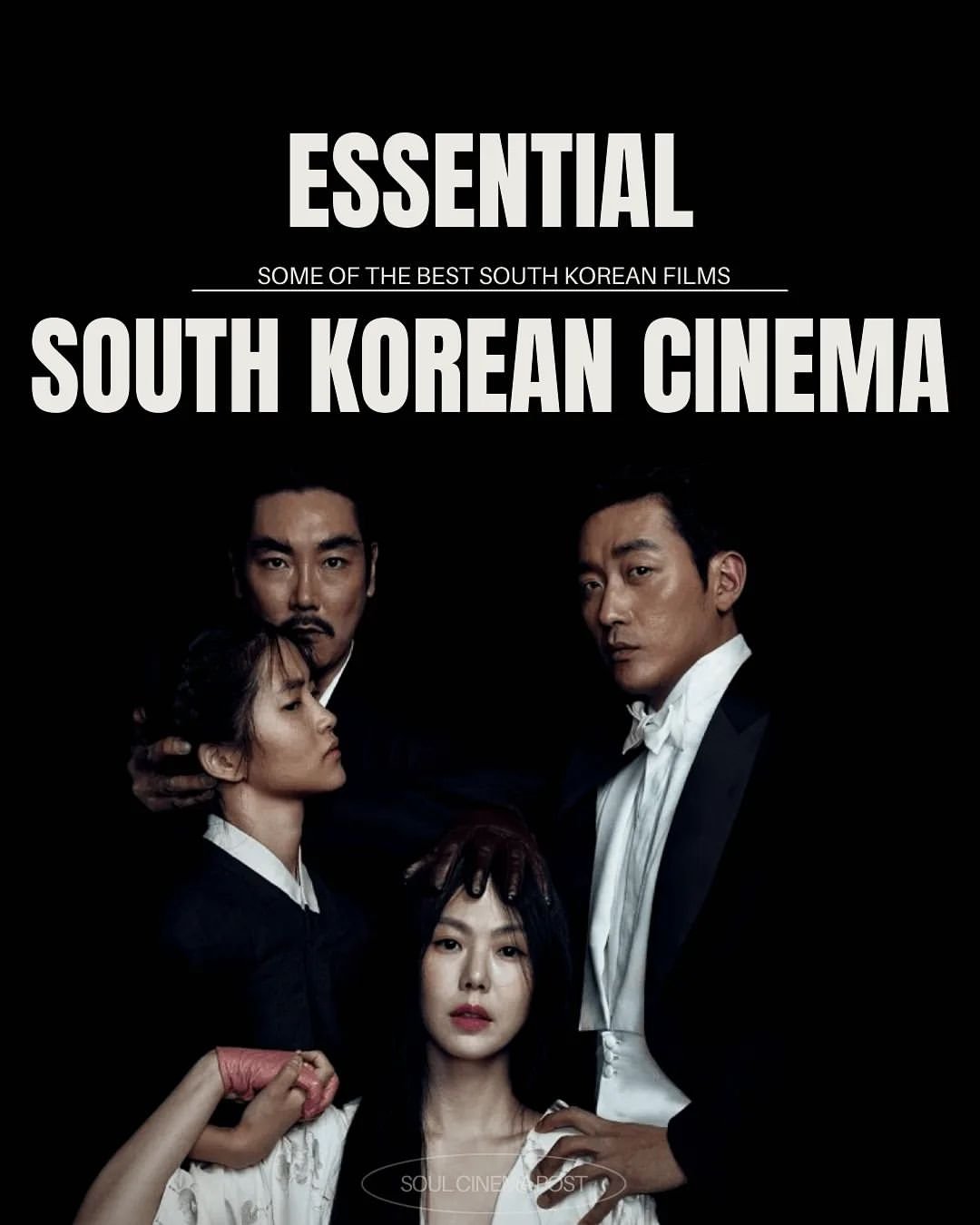South Korean cinema has carved a unique niche in the global film industry, captivating audiences with its emotional depth, meticulous storytelling, and innovative direction. From psychological thrillers to poignant dramas, these nine films are exemplary of the richness and diversity of Korean filmmaking.
1. Parasite (2019)
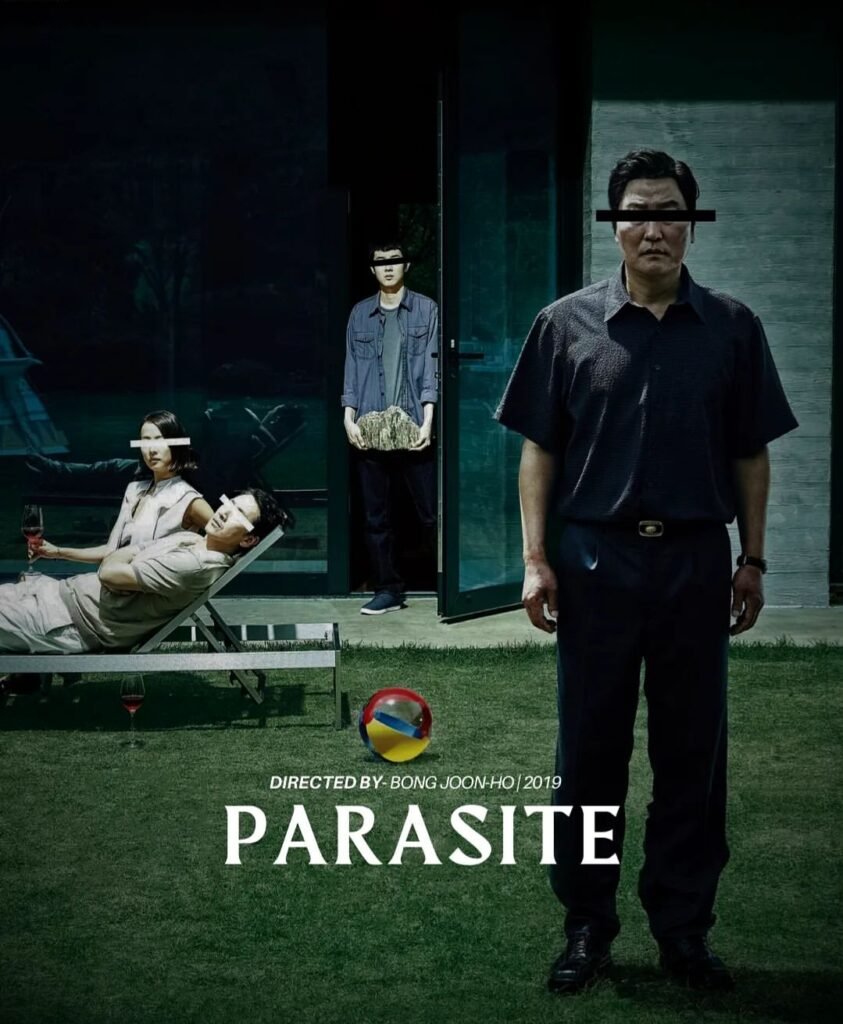
Directed by Bong Joon-ho, “Parasite” is a masterful exploration of social stratification that blurs the line between the wealthy and the impoverished. The film’s darkly comedic yet thrilling narrative earned it an Academy Award for Best Picture, making history as the first non-English language film to win the prestigious award.
2. Silenced (2011)
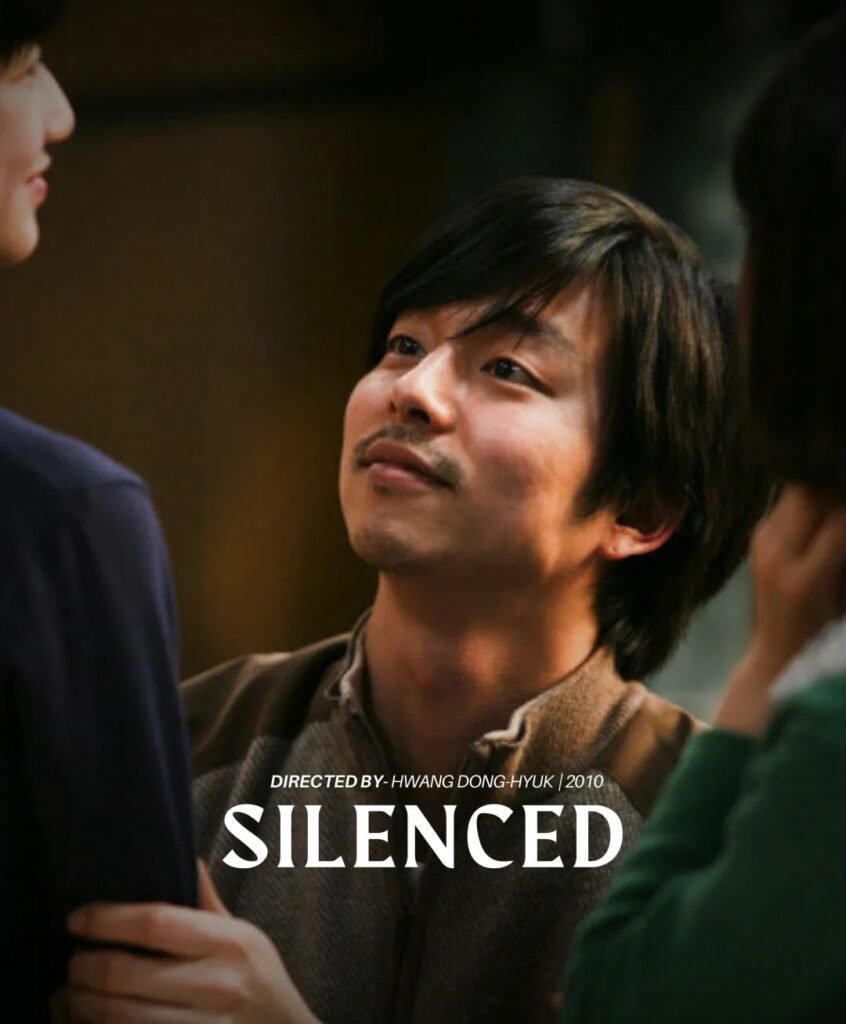
Based on true events, “Silenced” (also known as “The Crucible”) is a harrowing depiction of the sexual abuse of deaf children in a school. Directed by Hwang Dong-hyuk, this film spurred public outcry and legislative changes in South Korea, highlighting the power of cinema to effect social change.
3. Memories of Murder (2003)
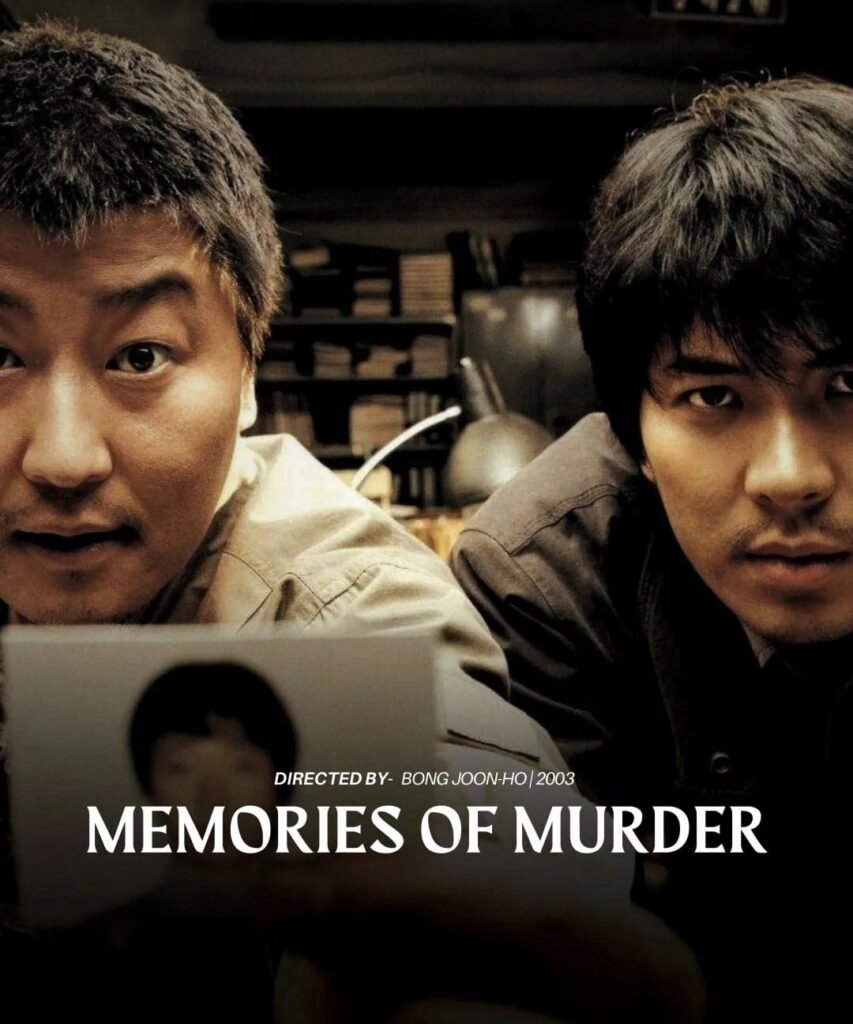
This crime drama by Bong Joon-ho investigates the real-life Hwaseong serial murders. Through its haunting narrative and meticulous attention to detail, “Memories of Murder” examines the obsessions and frustrations of the detectives working on the case, setting a benchmark for films in the genre.
4. Oldboy (2003)
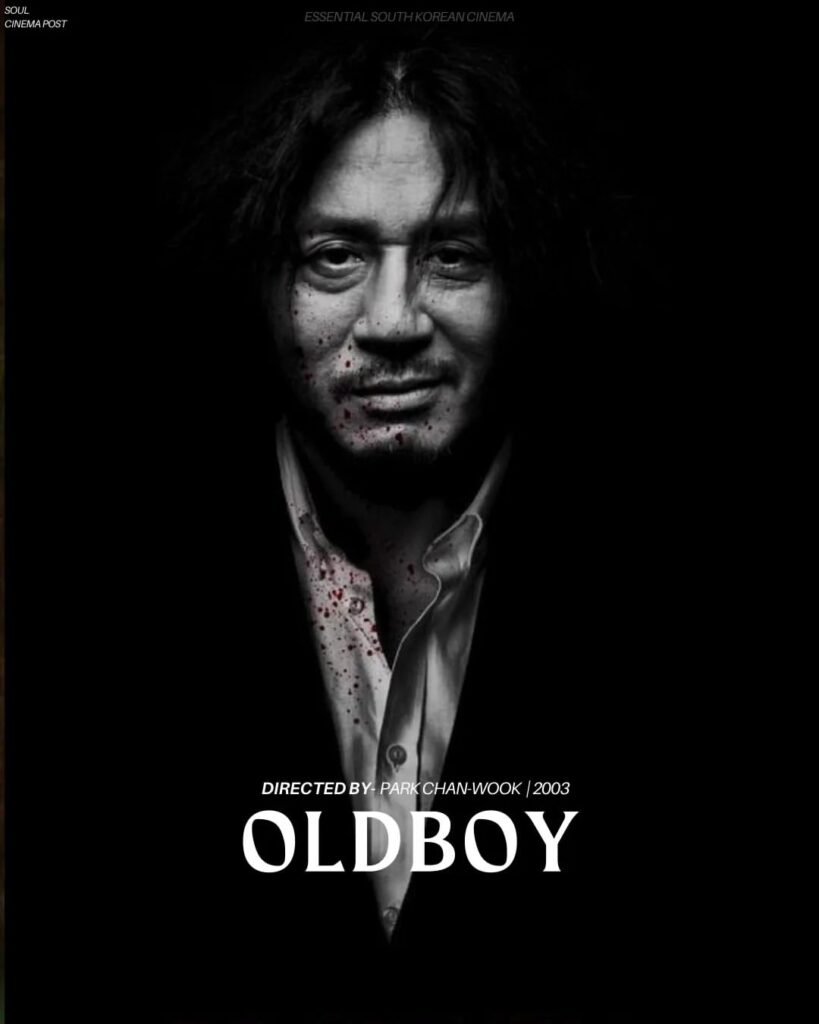
Part of Park Chan-wook’s Vengeance Trilogy, “Oldboy” tells the story of a man imprisoned in a cell for 15 years without knowing the identity of his captor or the reason for his imprisonment. Known for its intense narrative and shocking twist, “Oldboy” is a landmark in Korean cinema.
5. I Saw the Devil (2010)
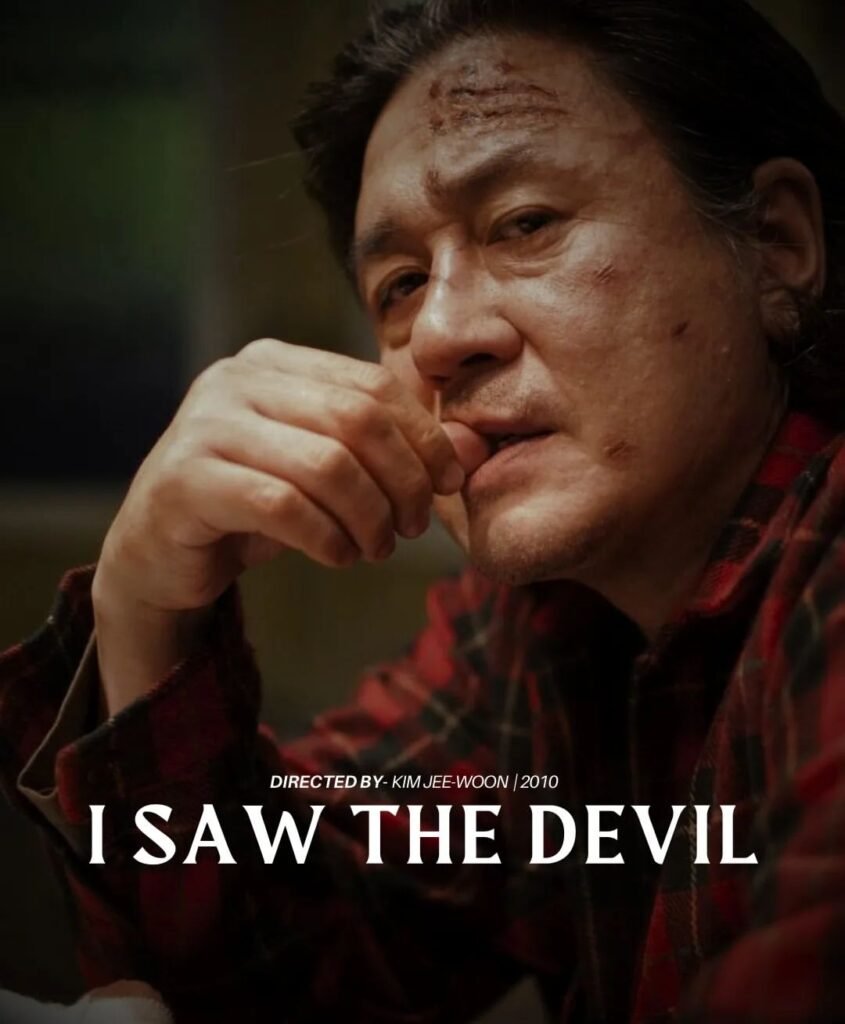
A chilling tale of revenge, “I Saw the Devil” by Kim Jee-woon, explores the boundaries between good and evil as a secret agent tracks down his fiancée’s brutal killer. The film is renowned for its raw intensity and moral complexities.
6. A Tale of Two Sisters (2003)

Directed by Kim Jee-woon, this psychological horror film is inspired by a Korean folktale. “A Tale of Two Sisters” delves into the unsettling life of two sisters grappling with their haunting past, blending horror with deep psychological trauma.
7. A Bittersweet Life (2005)
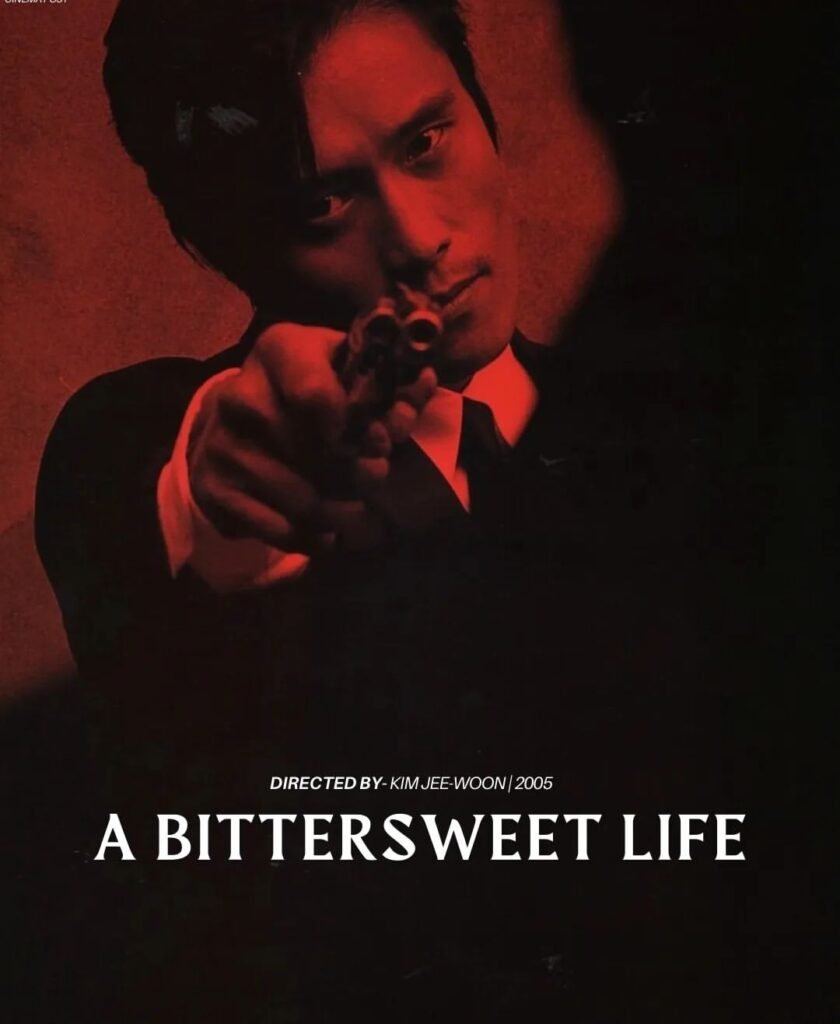
In this stylish noir film, also by Kim Jee-woon, a mob enforcer questions his loyalties and his own existence amidst betrayal and violence. “A Bittersweet Life” combines aesthetic finesse with philosophical ponderings on vengeance and forgiveness.
8. Peppermint Candy (1999)
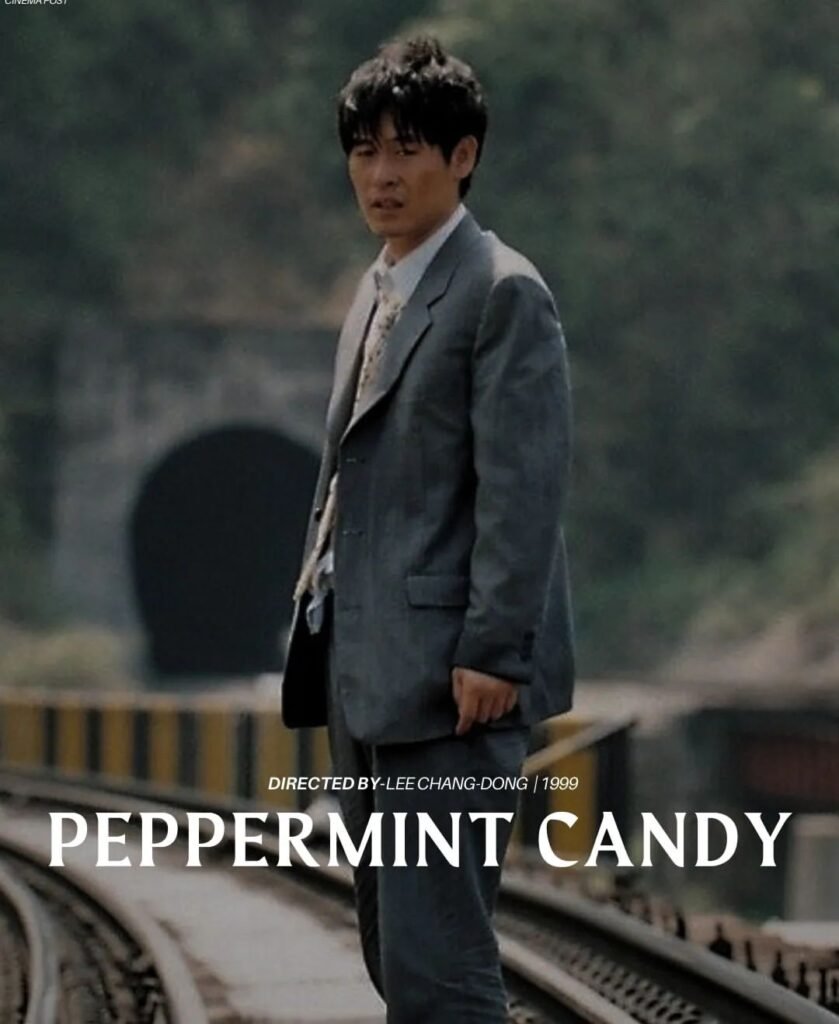
Directed by Lee Chang-dong, “Peppermint Candy” uses a reverse chronology to unravel the life of a man destroyed by two decades of turbulent history in South Korea, making a poignant statement on personal and political trauma.
9. The Handmaiden (2016)
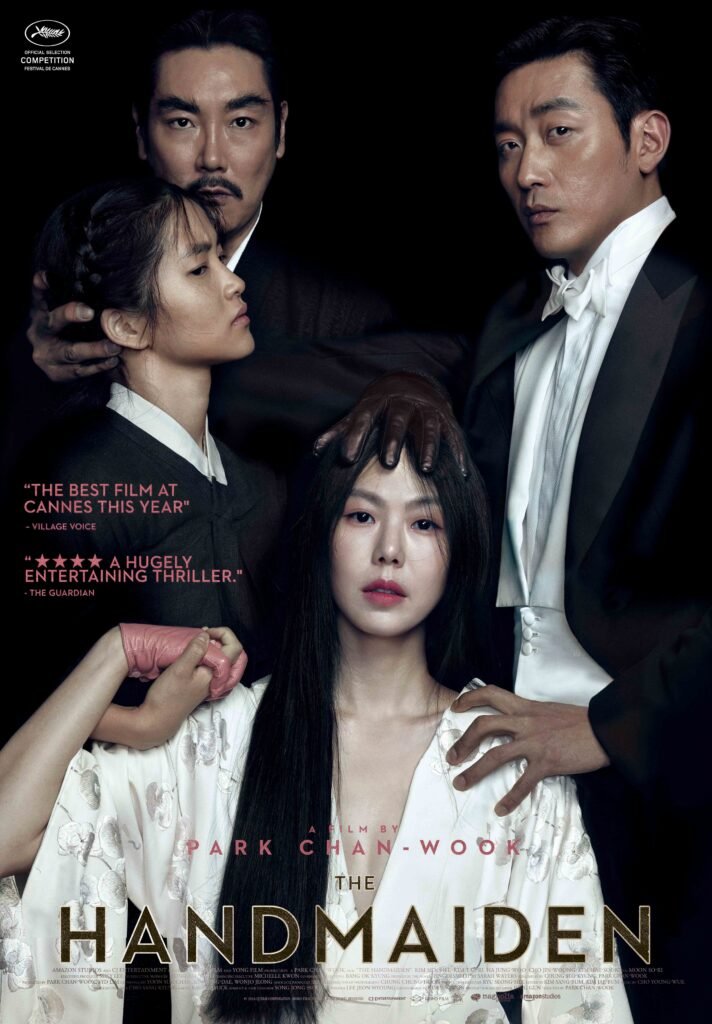
Park Chan-wook’s “The Handmaiden,” inspired by the novel Fingersmith by Sarah Waters, is a thrilling tale of deception, sexuality, and revenge set in 1930s Korea under Japanese colonial rule. The film’s visual opulence and complex narrative structure have mesmerized audiences worldwide.
10. Burning (2018)
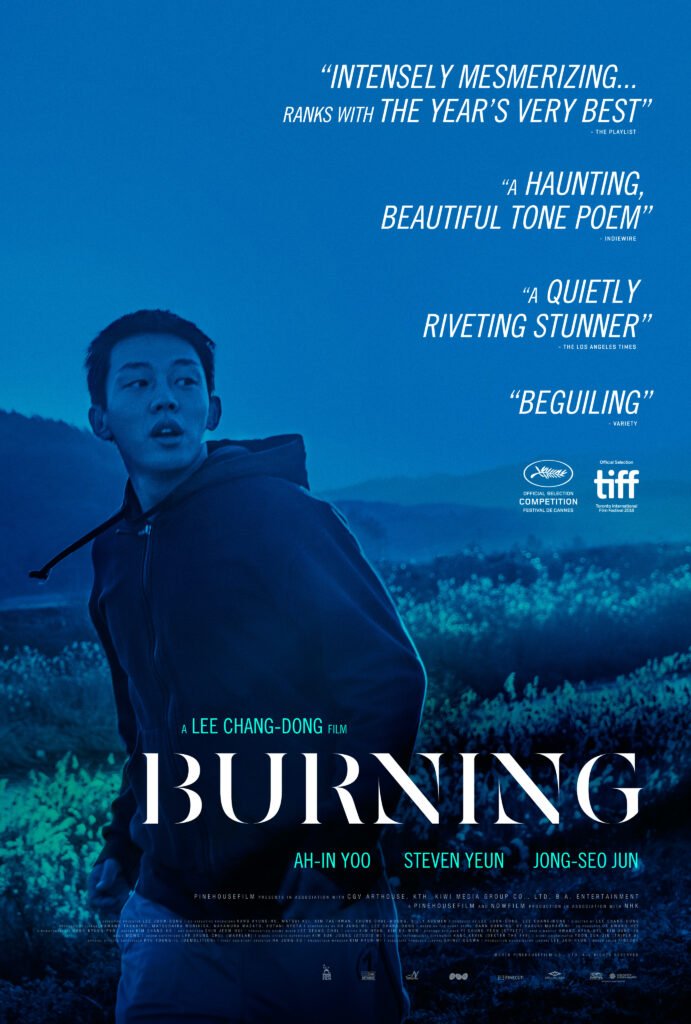
”Burning,” directed by Lee Chang-dong, is a mesmerizing psychological drama based on Haruki Murakami’s short story “Barn Burning.” The film follows a young man who becomes embroiled in a mysterious love triangle that leads to unexpected and unsettling revelations about the characters involved. “Burning” is celebrated for its slow-building tension, complex character development, and its profound exploration of existential angst.
These films not only entertain but also provoke thought, offering insights into the complexities of human nature and societal issues. South Korean cinema continues to push the boundaries of film-making, promising more intriguing and innovative works in the future.
